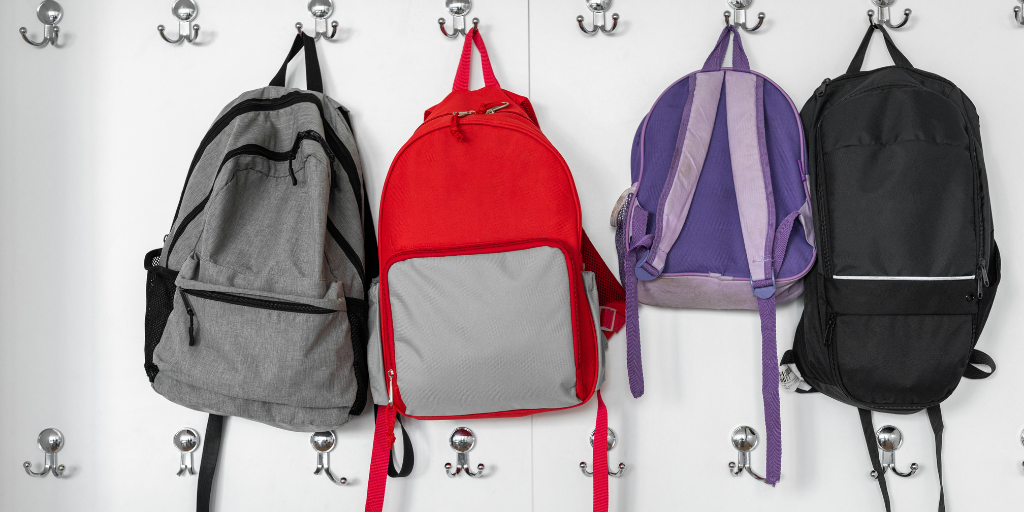Your local ELC shares five ways childcare centres help children prepare for kindergarten and ensure a smooth transition.
Transitioning from a childcare centre to kindergarten is a significant milestone in a child’s life. It marks the beginning of their formal education journey. Childcare centres play a crucial role in preparing children for this transition by providing a supportive and enriching environment.
Here are five ways how childcare centres help children prepare for kindergarten and ensure a smooth transition.
1. Building Independence and Self-Help Skills:
Childcare centres focus on fostering independence and self-help skills in children. They encourage children to take responsibility for tasks such as dressing themselves, using the restroom independently, and tidying up their belongings. By developing these skills, children gain a sense of confidence and self-reliance, which are essential for a successful transition to kindergarten.
2. Academic Readiness:
Childcare centres create an environment that promotes early literacy and numeracy skills. Through age-appropriate activities and play-based learning, children are exposed to pre-reading and pre-math concepts. They engage in activities that enhance language development, storytelling, early writing skills, and basic number recognition. These foundations lay the groundwork for a smoother transition to the academic expectations of kindergarten.
3. Social and Emotional Preparation:
Kindergarten is a new social setting where children interact with a larger group of peers and adults. Childcare centres facilitate socialisation by providing opportunities for children to engage in group activities, practice sharing, taking turns, and resolve conflicts peacefully. They also help children recognise and express their emotions, teaching them valuable skills in empathy and self-regulation. These social and emotional competencies play a vital role in ensuring a successful transition to kindergarten.
4. Developing Fine and Gross Motor Skills:
Childcare centres prioritise the development of fine and gross motor skills, which are essential for kindergarten readiness. Through art projects, puzzles, manipulatives, and outdoor play, children enhance their hand-eye coordination, dexterity, balance, and strength. These skills enable them to participate fully in classroom activities and physical education programs in kindergarten.
5. Familiarising with School Routines:
Childcare centres establish routines similar to those found in kindergarten, including structured playtime, group activities, snack time, and rest periods. By following a predictable schedule, children become familiar with the rhythms and expectations of a school day. This familiarity eases the transition to the more structured routines of kindergarten.
YOU MIGHT ALSO LIKE TO READ:
The Importance of Play to a Child’s Physical, Mental, and Social Development
We understand how important your child’s physical, mental, and social development is to you, it’s important to us as well. Your Local Early Learning Centre, explains how learning through play supports your child’s development in these key areas. – READ MORE






